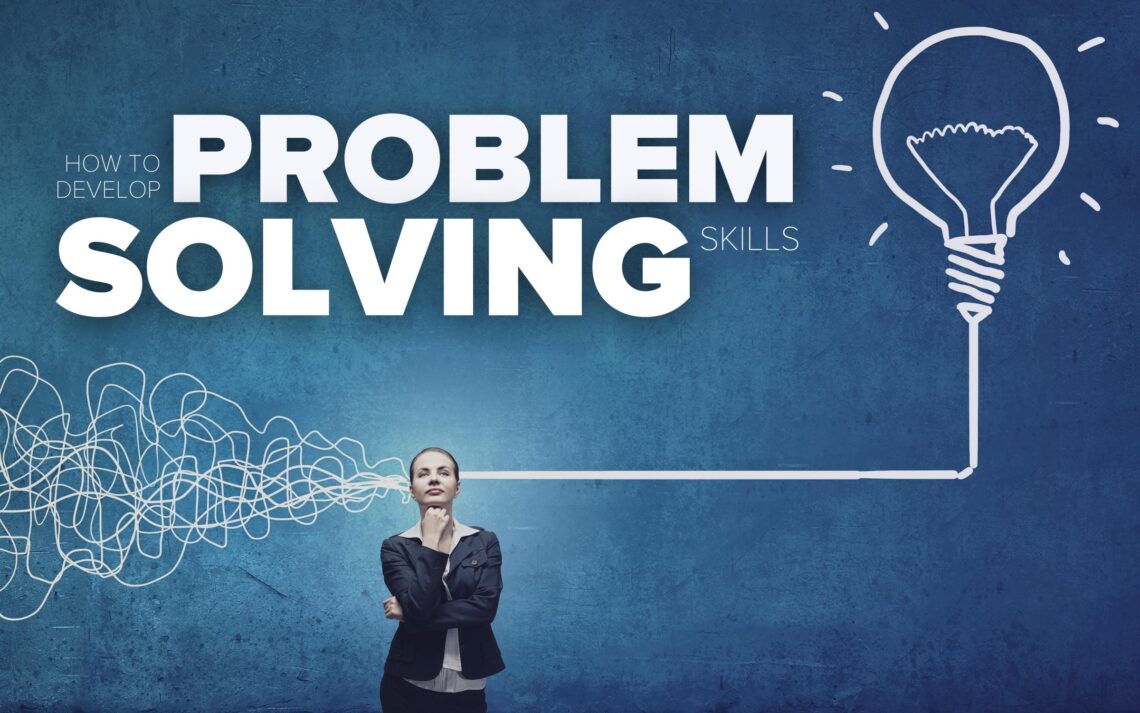Problem-solving skills are a fundamental into today’s workplace and play crucial roles in both personal and professional success. Whether you’re facing a complex issue at the office or navigating life’s challenges, developing strong problem-solving skills can make all the difference. Here are five effective strategies to help you develop and enhance your problem-solving abilities.
Understand the Problem
Before you can solve a problem, you need to fully understand it. Take the time to define the problem clearly and gather all relevant information. Ask questions like:
• What is the root cause of the problem?
• Who is affected by the problem?
• What are the potential consequences of not solving it?
• Are there any constraints or limitations to consider?
By dissecting the problem and breaking it down into its components, you’ll gain valuable insights that can guide your problem-solving process.
Brainstorm and Generate Ideas
Once you have a clear understanding of the problem, it’s time to brainstorm potential solutions. Encourage creativity and don’t dismiss any ideas at this stage, even if they sound absurd at first. Use techniques like mind mapping, brainstorming sessions with colleagues, or even free-writing to generate a wide range of possible solutions. The goal is to explore different perspectives and approaches to find the best solution.
YOUR COMPLETE WORKFORCE SOLUTION
Automation Personnel Services staffing solutions allow your company to:
• Scale your workforce to meet demand
• Lower labor costs
• Reduce overtime expenses
• Improve productivity
Contact your local Automation Personnel Services location today!
Evaluate and Prioritize Solutions
Not all solutions are created equal. After generating a list of potential solutions, evaluate each one based on its feasibility, effectiveness, and alignment with your goals. Consider the potential risks and benefits associated with each option. Additionally, assess the resources and time required for implementation. Prioritize the solutions that offer the best balance between these factors.
Take Action and Implement
Once you’ve identified the most promising solution, it’s time to put your plan into action. Develop a step-by-step action plan that outlines what needs to be done, who is responsible for each task, and the timeline for completion. Be proactive and monitor your progress closely. Adapt your approach as needed, and don’t be afraid to make adjustments along the way.
Reflect and Learn
Problem-solving is an ongoing process, and each experience presents an opportunity for growth. After implementing your solution, take the time to reflect on the results. Did the solution achieve the desired outcome? What worked well, and what could be improved for future problem-solving endeavors? Learning from your experiences and continuously refining your problem-solving skills is essential for long-term success.
Developing strong problem-solving skills is a valuable asset in both your personal and professional life. By following these five effective strategies—understanding the problem, brainstorming, evaluating solutions, taking action, and reflecting—you can enhance your ability to tackle challenges and find innovative solutions. Remember that problem-solving is a skill that can be honed and refined over time, so practice and persistence are key to becoming a proficient problem solver.


Leave a Reply